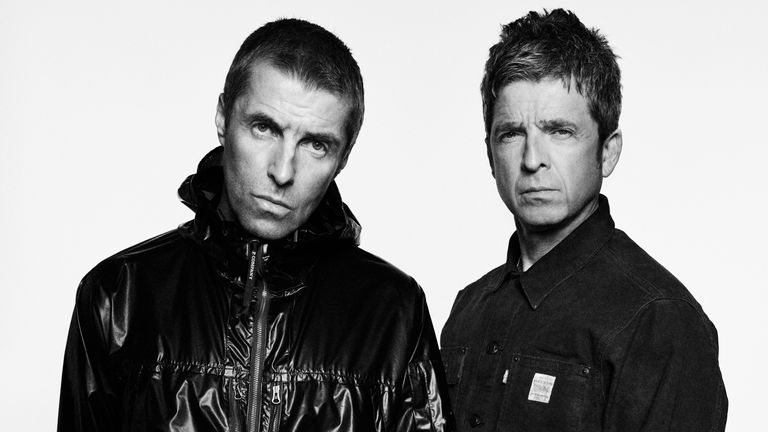
The Controversy Behind Oasis's Reunion and the Quest for Their Original Drummer
The news that Oasis is reuniting for a UK and Ireland tour has sparked a flurry of excitement among fans, but it's also rekindled old controversies. While the Gallagher brothers' reunion is being celebrated by many, it's worth taking a closer look at the impact Oasis has had on pop culture and why some might not be as thrilled about their return.
Oasis, the band that defined Britpop in the 90s, is set to hit the road again after a 15-year hiatus. The tour announcement has been met with fanfare, reflecting a nostalgia for the band's glory days during Euro 96 and the first Blair administration. However, not everyone is on board with this revival. Some critics argue that Oasis, despite their musical success, have been one of the most damaging forces in recent British pop culture.
Also Read:- Raven Software Workers Accuse Microsoft and Activision Blizzard of 'Bad Faith Bargaining'
- FC Carl Zeiss Jena: A New Era as They Face Bayer Leverkusen
The criticism against Oasis extends beyond their music. While their sound has been described as regressive, the real issue for many is the social attitudes propagated by the Gallagher brothers. In the 2000 Q Awards, Liam Gallagher's homophobic outbursts toward fellow musicians like Robbie Williams and Kylie Minogue were met with uncomfortable silence from the industry. This was not an isolated incident; Gallagher's derogatory comments have continued over the years, reflecting a troubling undercurrent of bigotry.
Noel Gallagher has also made headlines for his controversial views. His criticisms of hip-hop and his disparaging remarks about political figures like Ed Miliband and Jeremy Corbyn have further tainted the band's image. The use of terms like "woke" as an insult by Gallagher is seen by many as a thinly veiled attempt to dismiss progressive values.
The band’s fanbase, often characterized by their nationalistic pride and conservative leanings, adds another layer to the controversy. Oasis’s music and imagery have resonated with those who hold more traditional views, making them a soundtrack for a segment of British society that feels alienated by contemporary cultural shifts.
Adding to the intrigue surrounding Oasis's reunion is the resurfacing of their original drummer, Tony McCarroll. McCarroll, who was with the band during its early years, has become a focal point for fans and media alike. His departure from the band in 1995 was marked by a legal battle over royalties and claims of being dismissed due to internal conflicts with Noel Gallagher. Despite the years that have passed, McCarroll's role in the band's history remains significant, and the search for his involvement or acknowledgment in the current reunion tour has sparked renewed interest.
Oasis's return may bring back fond memories for many, but it's important to recognize the broader implications of their legacy. Their music and the attitudes expressed by its members have left a mark on British pop culture that continues to provoke debate. As the band prepares to take the stage once more, it’s worth considering what this reunion means for both fans and critics alike.
Read More:

0 Comments